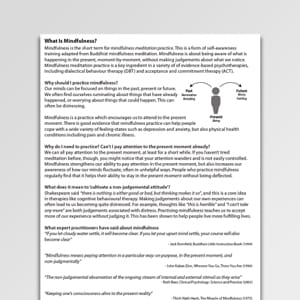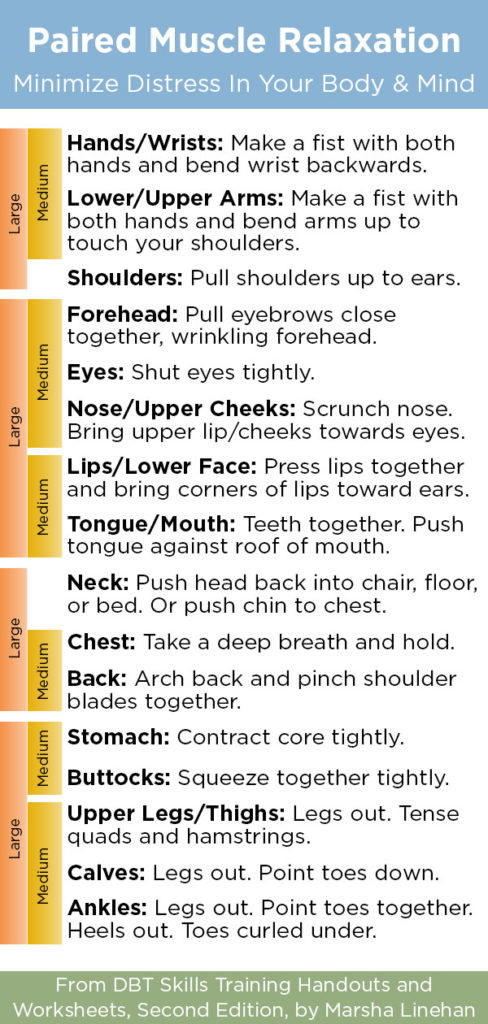- Dialectical Behavioral Therapy For Children
- Training Courses Dialectical Behavior Therapy
- Dialectical Behavioral Therapy Training
- Aactivitiesdialectical Behavioral Training Programs

Dialectical behavior therapy skills 101 mindfulness exercises and other fun activities for children and adolescents a learning supplement Oct 30, 2020 Posted By Anne Golon Ltd TEXT ID f1374d173 Online PDF Ebook Epub Library Dialectical Behavior Therapy Skills 101 Mindfulness Exercises And Other Fun. Dialectical behavior therapy skills 101 mindfulness exercises and other fun activities for children and adolescents a learning supplementpdf emphasizing the importance of a collaborative relationship support for the client and the development of skills for dealing with highly emotional situations psych central dialectical behavior therapy skills. Dialectical Behavior Therapy (DBT) focuses on teaching people strategies to help them live their best and most productive life. DBT is often used to help people with depression, anxiety, borderline personality disorders, addictions, eating disorder, and PTSD. There are four core skill sets that you master to help you problem solve and deal with issues. If you teach anyone, anything, behavior analysis has a secret to share with you. It’s the strategy the staff was talking about – Behavior Skills Training (BST). It is a method to teach students, staff, parents, and anyone else you are teaching a new skill.
Dialectical Behavioral Therapy For Children



Training Courses Dialectical Behavior Therapy
Dialectical Behavior Therapy (DBT) focuses on teaching people strategies to help them live their best and most productive life. DBT is often used to help people with depression, anxiety, borderline personality disorders, addictions, eating disorder, and PTSD.
Dialectical Behavioral Therapy Training
There are four core skill sets that you master to help you problem solve and deal with issues:
Aactivitiesdialectical Behavioral Training Programs
- Mindfulness - the core skill in DBT is being able to non-judgmentally observe yourself and your surroundings. You will become more aware of the physical and mental triggers that cause runaway emotions.
- Distress Tolerance - deal with painful situations. When you can't change the situation, learn how to tolerate it, accept it, and move forward.
- Emotion Regulation - learning to make your emotions work for you. Learn to recognize when an emotion is unproductive and change it into a more productive emotion.
- Interpersonal Skills - change the way you communicate so you get more out of your relationships. Learn to communicate what you want. Become comfortable saying no.

Comments are closed.